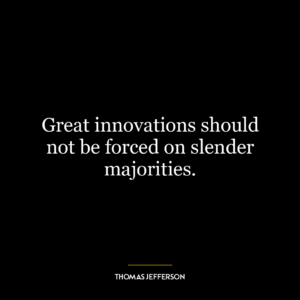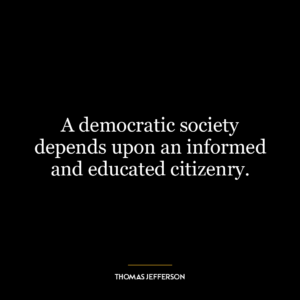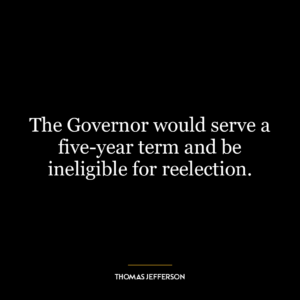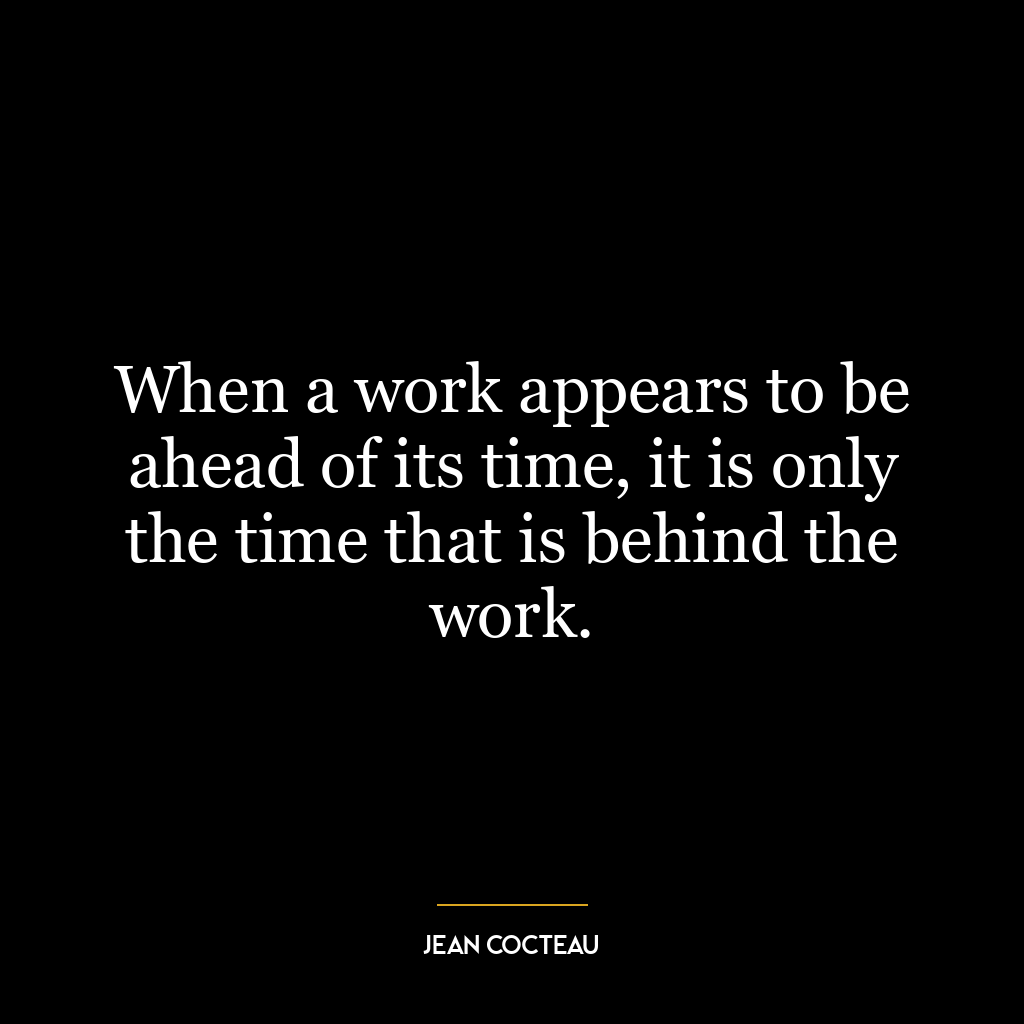This quote suggests that private enterprise, or the sector of the economy run by individuals and companies for profit, is more efficient at managing matters within its capacity compared to public or government-run entities. This efficiency can be attributed to various factors such as competition, innovation, and profit motivation that often characterize private enterprises.
The quote implies that private businesses are better suited to adapt quickly to changes in market conditions because they are driven by profit. They have a direct incentive to be efficient as their survival depends on it. In contrast, government entities may not face the same urgency or pressure due to lack of competition and guaranteed funding.
Though, it’s crucial to note the phrase “to which it is indeed equal”. Not all concerns fall within the purview of private enterprise.Matters like national defense, law enforcement, public health initiatives etc., require centralized coordination and control which a government can provide.
Applying this concept in today’s world coudl refer to privatization policies where governments hand over certain services traditionally under their control (like utilities) over to private companies with an expectation of increased efficiency. However, this comes with its own set of challenges like ensuring equitable access and controlling price gouging.In terms of personal advancement too this idea holds relevance. Just as a business focuses on areas where they can perform efficiently for maximum profitability; individuals too should focus on their strengths – areas where they excel naturally or through acquired skills – instead of spreading themselves thin trying everything out there.
Hence while embracing diversity in experiences is crucial for holistic growth; understanding one’s core competencies and leveraging them optimally often leads towards greater success – akin how a well-managed private enterprise operates effectively within its realm.















